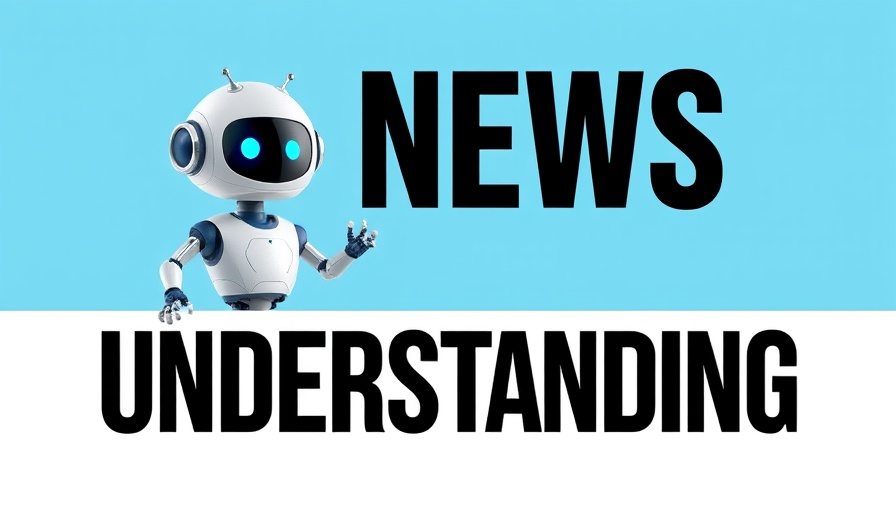
AI Job Loss: A Growing Concern
Nvidia CEO Jensen Huang recently triggered a wave of discussions about the future of work by foreseeing that artificial intelligence (AI) could displace up to 20% of jobs by the year 2030. While AI is celebrated for its potential to enhance productivity and efficiency, this startling prediction brings an underlying fear of AI job cuts that shadows the advancements we’ve witnessed in technology.
Understanding the AI Impact on Employment
As AI continues to evolve, it’s important to recognize both the opportunities and challenges it presents. Industries heavily reliant on manual tasks, like manufacturing and customer service, are likely to feel the effects of automation first. For instance, robots can now handle repetitive tasks more efficiently than human labor, leading to a shift in job requirements. While innovative companies may thrive, there's a substantial risk of AI job loss for many workers. Huang’s statement serves as a wake-up call to businesses and employees alike to re-evaluate their roles and skill sets.
The Human Side of AI Job Loss
The implications of technological advancement extend beyond spreadsheets and production lines; they impact real lives. Imagine a single parent working a stable job in retail, now facing the uncertainty of layoffs due to AI taking over job functions. Emotional connections like this highlight the need for a more empathetic transition into an AI-driven economy. Such a transition could ideally involve tailored job training programs to reskill the workforce so they can thrive in new roles created through technology.
Grassroots Responses to Job Displacement
Across the Great Lakes region, community initiatives are beginning to respond to these concerning trends. Local organizations are formulating plans to support workers potentially affected by layoffs. For instance, job fairs focusing on tech training are sprouting up, alongside community colleges offering courses in digital skills. Programs designed to teach coding or data analysis pave the way for individuals to pivot towards careers that AI cannot easily replace.
Future Trends: Embracing Change
Looking ahead, it's clear that adaptability will be crucial in navigating the landscape of job displacement. Businesses that embrace AI not only have the chance to innovate but also to redefine their workplaces. The shifting economy demands versatile skill sets that combine human ingenuity with machine efficiency. As Huang pointed out, it’s vital for businesses and employees to foster a culture of continuous learning.
Take Action: Preparing for Tomorrow’s Workforce
To lessen the blow from potential job displacement, community members should be proactive. Seeking out educational platforms that offer skill development is a crucial first step. Engaging in local workshops or tech groups can also foster connections that lead to new job opportunities. Together, through collective action and awareness, we can reshape the narrative around AI and job displacement.
 Add Row
Add Row  Add
Add 




Write A Comment